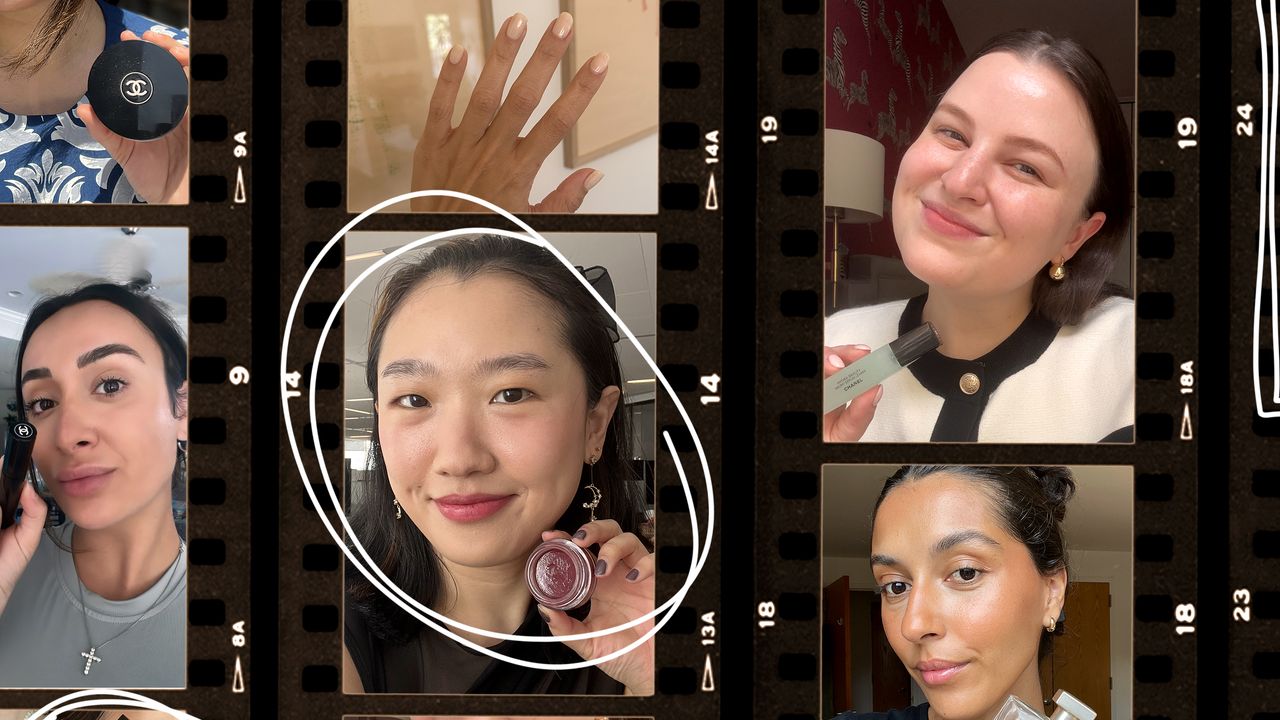Key Points
- Vodka easily removes sticky labels and eliminates odors in shoes.
- It works as a streak-free cleaner for glass, mirrors, jewelry, metal, and chrome surfaces.
- Vodka kills surface mold safely, making it a gentler alternative to bleach.
That bottle of vodka sitting on your bar cart is valuable for more than just cocktail-making—the liquid can also prove extremely useful when it comes to household cleaning tasks, experts explain.
Here, two cleaning pros share six ways to easily utilize vodka around the home to make your space look and smell more sanitary. You won’t believe you haven’t put these methods to the test in the past!
Remove Labels
Liliya Filakhtova / Getty Images
If you’re struggling with how to best remove sticky labels off of items like jars, picture frames, mugs, storage bins, and the like and are seeking a quick fix, look no further than vodka, which Elizabeth Shields, the operations manager at Super Cleaning Service Louisville, finds to be more effective than Goo Gone.
“Vodka breaks down light to moderate sticker glue on jars, glassware, or anything food related,” she says.
All you’ll need to do is pour some onto a cloth and press the cloth onto the label for a minute to get the label to come off.
Want more cleaning and organizing tips? Sign up for our free daily newsletter for the latest hacks, expert advice, and more!
Deodorize Sneakers
Bastun / Getty Images
Smelly sneakers are no fun, but luckily you can say goodbye to this unpleasant scent quickly and effectively with vodka, which will also kill bacteria, Shields explains. Spray some vodka into the inside of sweaty shoes and let them dry overnight, she instructs.
“The smell’s gone by morning—no powders, no perfume,” Shields says.
Better yet, you can take the same approach with boots, house slippers, and any other type of footwear that could use a refresh, without worrying about the liquid causing any damage to your shoes.
Clean Glass and Mirrors
Use vodka as an all-in-one glass and mirror cleaner, Scott Schrader, a cleaning expert at CottageCare, offers who explains that vodka will help remove grease and also create a streak-free shine.
In a spray bottle, mix equal parts vodka and water and use it on glass and mirrored surfaces throughout your home. It’s better to use vodka than vinegar, Schrader adds, particularly when it comes to humid environments, since vinegar evaporates more quickly.
Clean Your Jewelry
Irina Marwan / Getty Images
If your favorite baubles could use some touching up, vodka can help, assuming your pieces are diamond or gemstone-based, Schrader comments. Be careful when using vodka to clean all of your jewelry, as he explains that vodka and soft stones like opal are not compatible.
That said, the benefits vodka offers are quite impressive, Schrader notes, as it helps to both eliminate grease that has collected on pieces and will also restore their sparkle.
Restore Chrome and Metal
If you have chrome, stainless steel, or metal hardware that needs cleaning, Schrader suggests pouring some vodka on a soft cloth and rubbing it up and down.
“Vodka lifts away water spots and restores shine without scratching, making it a pretty safe bet,” he says.
When it comes to stainless steel, Shields offers a few additional pointers. She recommends always testing in a small, hidden spot if your appliance has a special coating or matte finish. This is particularly key if your stainless steel appliance is black or brushed brass, as these materials can be more sensitive, she notes.
When used effectively, vodka does have a lot to offer in the kitchen. It’ll lift fingerprints, smudges, and even light cooking grease in one swipe, Shields says.
Say Goodbye to Mold and Mildew
Yet another purpose vodka can serve is to kill surface mold, like the kind you might see in your bathroom corner, Schrader notes. The best way to mitigate the issue is to spray some undiluted vodka on that area and let it sit for 10 minutes before scrubbing it clean.
Vodka is better to use for this task than bleach since it’s less harsh, for one, but also because it does not have an issue with non-porous surfaces, the cleaning expert explains.











